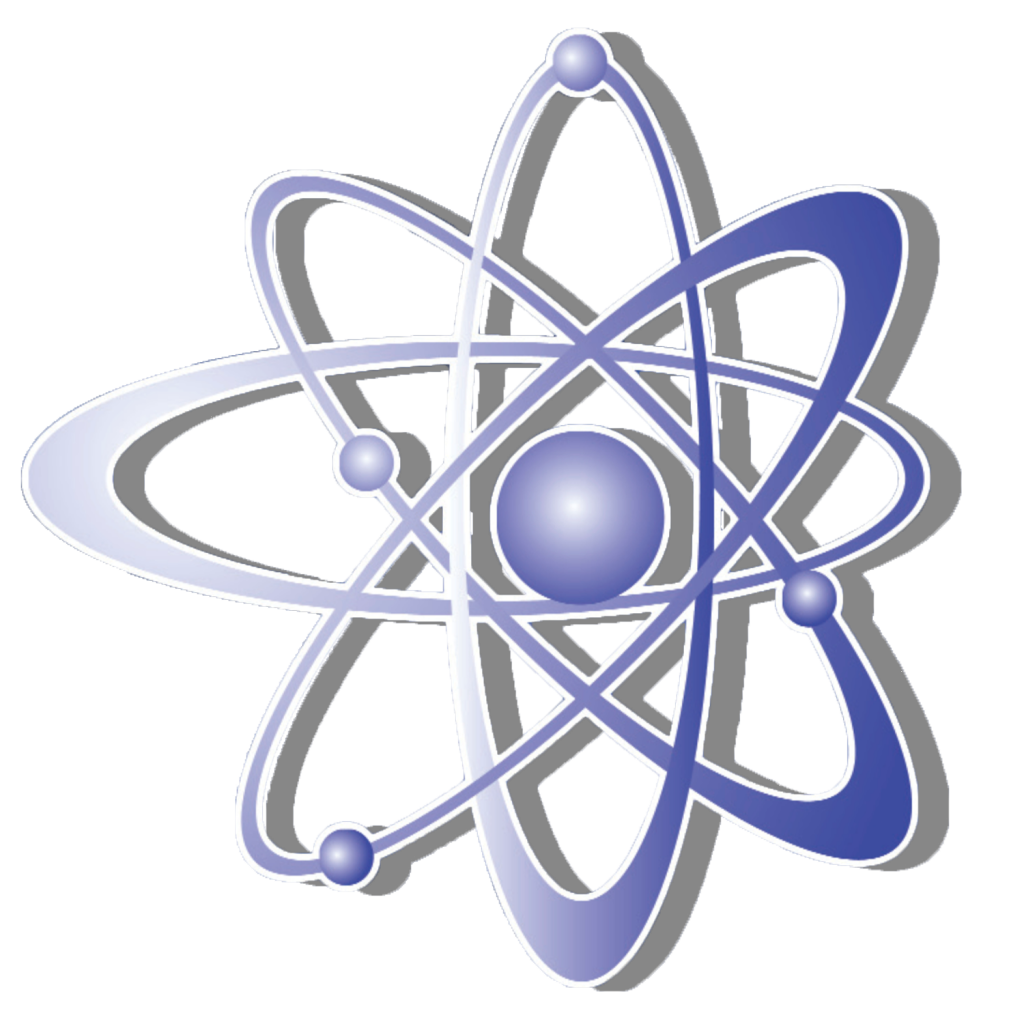 In the course of this year, the Ministry of Education plans to approve qualitatively new standards of higher education. In particular, it is planned to approve 120 new standards of higher education for bachelors, 80 for masters and 50 for doctors of philosophy. This was announced by the director of the higher education department of the Ministry of Education and Culture Oleg Sharov.
In the course of this year, the Ministry of Education plans to approve qualitatively new standards of higher education. In particular, it is planned to approve 120 new standards of higher education for bachelors, 80 for masters and 50 for doctors of philosophy. This was announced by the director of the higher education department of the Ministry of Education and Culture Oleg Sharov.
According to him, now the number of developed standards is 86 for bachelors and 15 for masters. 40 "bachelor's" have already passed public discussion, were revised and approved by the higher education sector of the Scientific and Methodological Council of the Ministry of Education and Culture.
"After a series of examinations and approvals, we plan to approve the first standards in February-March of this year, after which this process should gain a steady pace. We hope that most of the standards of the "bachelor" level will be approved by the end of this academic year," said Sharov.
The director of the department of higher education emphasized that the Ministry of Education and Culture abandoned the old paradigm, when projects were prepared by working groups created in basic universities, and they were considered by scientific and methodical commissions.
"Now projects are developed by the commissions and subcommissions themselves, in which there can be only one representative from one university. Today, there are 15 commissions and more than 120 subcommittees, which employ about 1,050 people. For comparison: 5,000 people worked in the commissions approved in 2011, and the same number worked in working groups, but during the years of independence in Ukraine, only half of the standards were created, and nothing was done in some areas," Sharov emphasized.
He noted that the approval of the standards will be a step towards the fulfillment of several tasks of higher education provided for in the Government's Program of Activities. In particular, one of the goals is the real academic autonomy of universities, which, among other things, gives universities the opportunity to develop their own educational and educational-scientific programs. And it is the standards of higher education that will become for universities a reference point for what the state specifically requires from their activities.
After the approval of most of the standards in 2017, it is planned to complete work on them in the future, and in 2020-2025 it is planned to revise their concept until they are completely canceled or given the status of recommendations. In parallel, work will continue on the creation of a national system of qualifications, sectoral frameworks of qualifications and professional standards.



